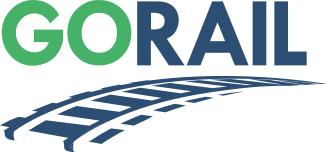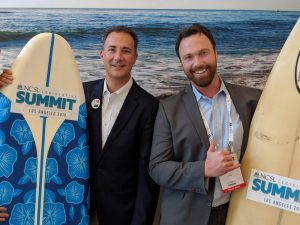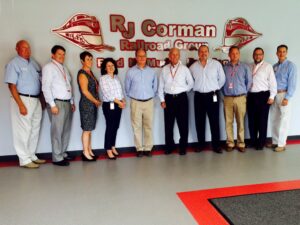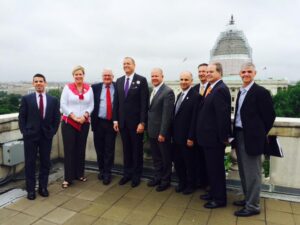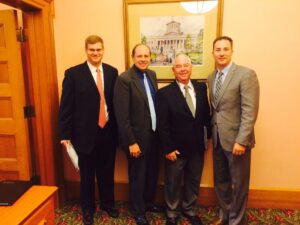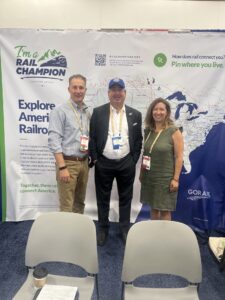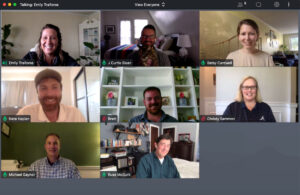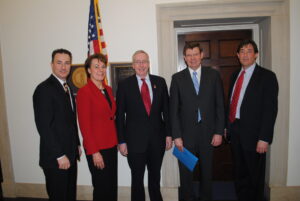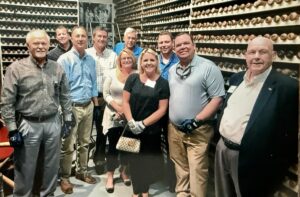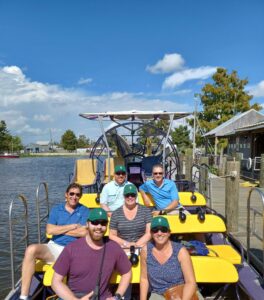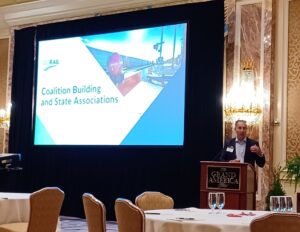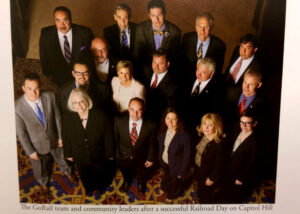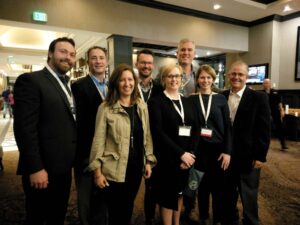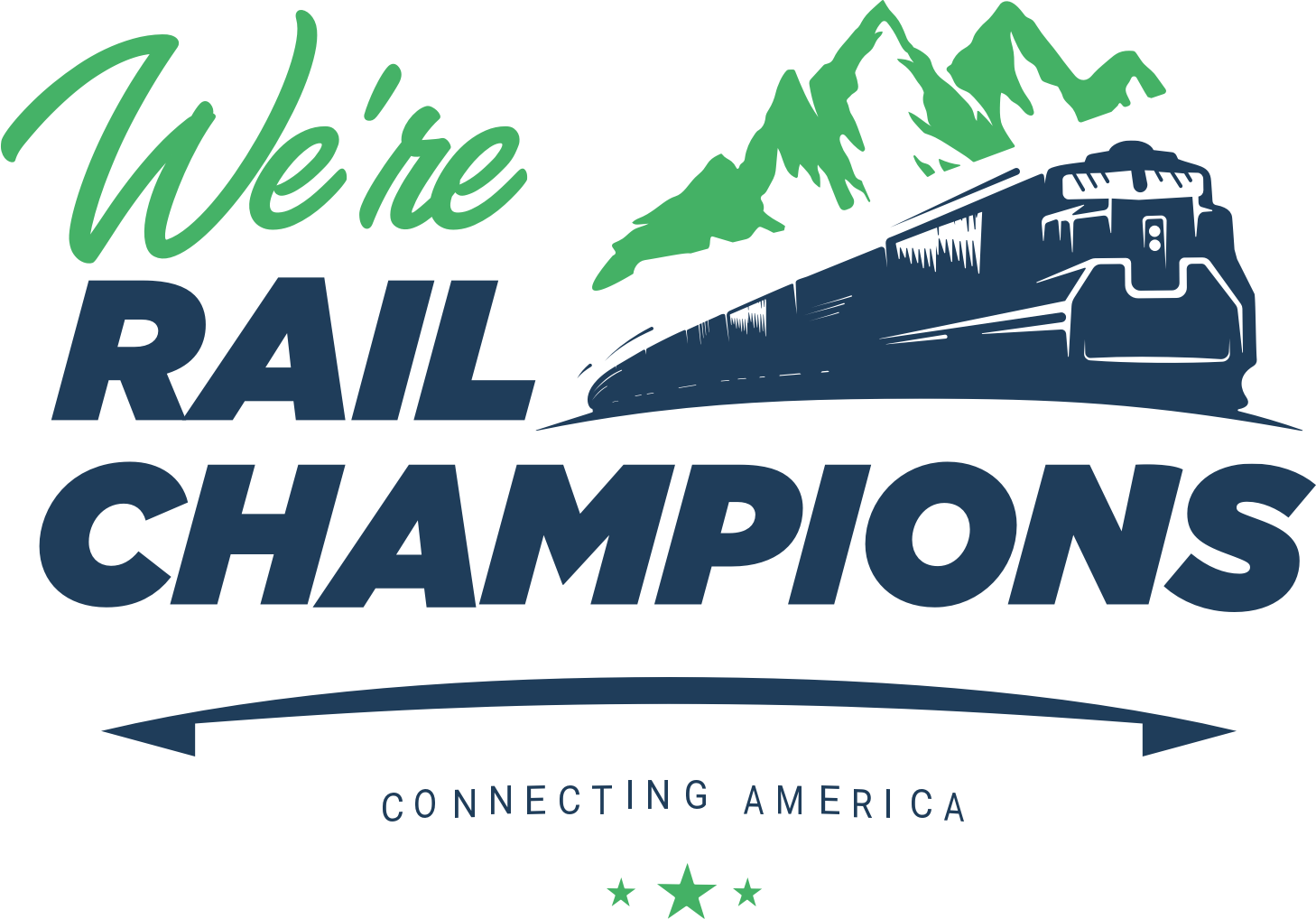Michael Bryan Gaynor joined GoRail (then Go21) in 2007 as a Midwest state organizer out of his home state of Ohio. He expeditiously assumed the role of National Field Director in 2010, and then Assistant Vice President of Field Operations in 2015, using his keen political instinct to lead GoRail’s team of organizers across countless campaigns that have driven significant impact for the freight rail industry. Michael assumed the role of GoRail President in 2025, working diligently to make the transition seamless and to successfully position GoRail for its next chapter.
Michael’s body of work was both wide-ranging and deeply impactful. As a state director, he was a relentless organizer—meeting with thousands of local leaders, creating advocacy opportunities, and engaging people where they were. He approached every conversation and every campaign with the same discipline and integrity.
At the same time, Michael wasn’t just a skilled field organizer but also a leader who elevated those around him. He believed that good leaders modeled what should be done—and that’s exactly what he did every day, holding himself to a standard that we all tried to match. He had a competitive side that was contagious and drove results. At the same time, he deeply cared for each of us, showing his compassion and thoughtfulness in quiet and consistent ways. He was quick to laugh at a joke or tell a funny story—and his face lit up when he was excited about a new idea or campaign.
Beyond his many professional accomplishments, Michael took great pride in being a devoted husband to Lizanne and father to Nate and Collin. He was a true renaissance man: a foodie and wine connoisseur, Phish Phan, outdoorsman and hunter, and an adrenaline junkie who took joy in riding and racing motorcycles with his sons, and at one point was a certified skydiver.
Michael’s enduring imprint can be seen across our team and work. He was a respected leader, a tireless advocate for freight rail, and a valued colleague to so many across the industry. He was a good man and a good friend. We will miss and think of him every day. We’ll also hold dear the thousands of shared memories across his nearly two decades at GoRail.
Please join us in sharing your memories of Michael.
Leave a Message in Memory of Michael
You can share a story, a message, or a moment you remember.
